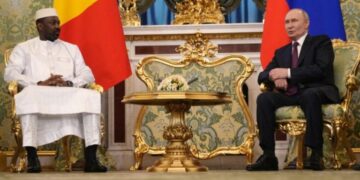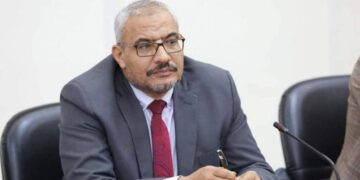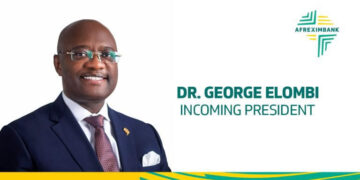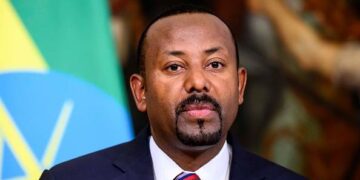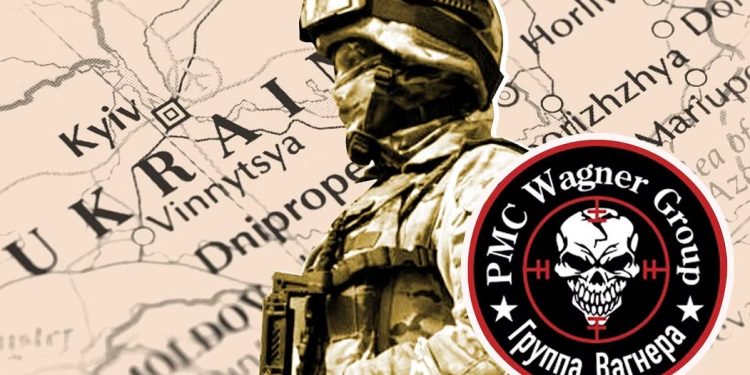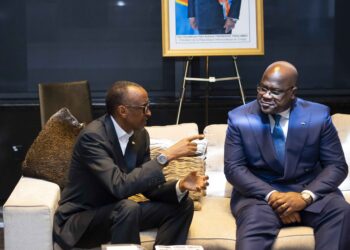By John Ikani
The United States has imposed sanctions on three Malian officials, including the Minister of Defense, amidst allegations of their involvement in facilitating the activities of the Russian Wagner Group within the West African nation.
According to the U.S. Treasury Department, Minister of Defense Sadio Camara made multiple trips to Russia last year, solidifying an agreement between the Wagner Group and Mali’s transition government to deploy the mercenary force in the West African country.
The sanctions announced on Monday also target Mali’s Chief of Staff of the Air Force, Alou Boi Diarra, and Malian Air Force Deputy Chief of Staff, Adama Bagayoko.
The Treasury Department believes that “the officials made their country vulnerable to the Wagner Group’s destabilizing activities and human rights abuses.
“Moreover, they allegedly paved the way for the exploitation of Mali’s sovereign resources to benefit the Wagner Group’s operations in Ukraine.”
Brian Nelson, the Treasury Under Secretary for Terrorism and Financial Intelligence, expressed concern about the situation, stating, “These officials have made their people vulnerable to the Wagner Group’s destabilizing activities and human rights abuses while paving the way for the exploitation of their country’s sovereign resources to the benefit of the Wagner Group’s operations in Ukraine.”
The Malian transition government has yet to respond to the sanctions.
The measures freeze any U.S. assets of those designated and generally prohibit Americans from engaging in any dealings with them.
Both Russia and Mali have denied that the Russian fighters in Mali are mercenaries, insisting that they are trainers assisting local troops in their efforts to combat Islamist militants during a decade-long insurgency.
The Treasury Department accused Alou Boi Diarra of collaborating with Minister Camara to execute the plan that brought the Wagner Group into Mali, in addition to working with the head of the Wagner Group in the country, who is also under U.S. sanctions.
Adama Bagayoko, on the other hand, is said to have advocated for the Wagner Group with Burkina Faso’s transition government, aiming to secure the force’s deployment to the neighboring country.
In addition, Bagayoko reportedly sought to facilitate the Wagner Group’s access to gold mining operations in Mali.
Despite the accusations, Burkina Faso’s interim leader, Ibrahim Traore, has consistently denied the presence of Wagner forces in the country.
The latest of such denial followed allegations made by Ghana’s President, Nana Akufo-Addo, in December, claiming that Burkina Faso had hired the mercenaries.
The Wagner Group, known for its involvements in conflicts in Libya, Syria, the Central African Republic, Mali, and other countries, has been at the center of some of the bloodiest clashes in Ukraine’s 16-month-old war.
The private army was founded in 2014, shortly after Russia annexed Ukraine’s Crimea peninsula and began supporting pro-Russia separatists in Ukraine’s eastern Donbas region.
Following a coup in Mali in 2021, the country’s leaders invited the Wagner Group to assist them after requesting the departure of a French military mission.
The United States has taken previous actions against the Wagner Group, consistently raising concerns about the alleged destabilizing activities of the private military force.
Washington has intensified sanctions against the Wagner Group, particularly following Russia’s invasion of Ukraine last year.
In June, the United States accused the leader of the Wagner Group of involvement in engineering the departure of U.N. peacekeepers from Mali.
Furthermore, in May, Washington claimed that the Wagner Group might be utilizing Mali and other countries to conceal its efforts to acquire military equipment for use in Ukraine.













